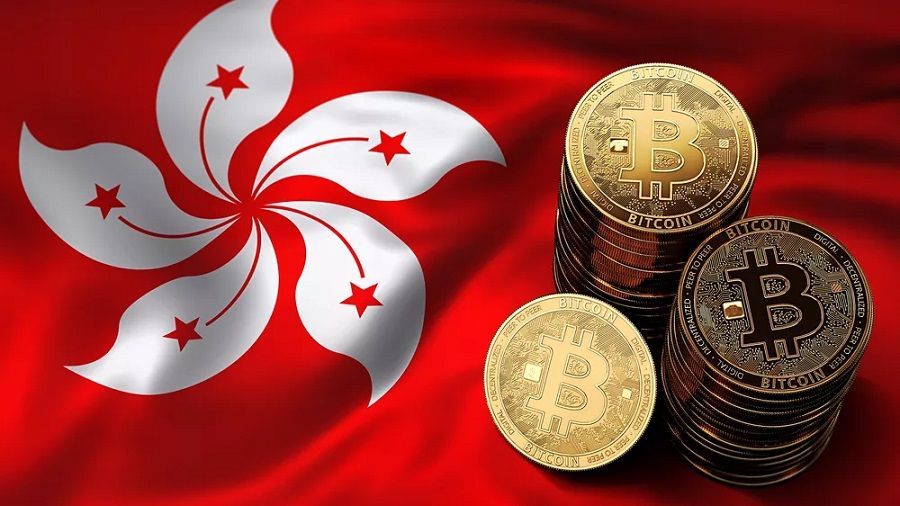Hong Kong regulators intend to ban cryptocurrency exchanges from operating in the region without a license, as well as providing services to non-professional investors.
Hong Kong authorities are concerned that cryptocurrencies may be used for money laundering. Particular attention is planned to be paid to the protection of user accounts due to the high volatility of bitcoin along with other cryptocurrencies. Regulators have previously been wary of digital currencies. Given the current market situation, they even more began to doubt whether cryptocurrencies can be considered an alternative investment tool.
There are many major cryptoasset trading platforms operating in Hong Kong. Today, local exchanges can apply for a license to the Securities and Futures Commission of their own free will. Therefore, the Hong Kong Financial Services and Treasury Authority (FSTB) has proposed that all cryptocurrency exchanges must be licensed, otherwise their operation in Hong Kong would become illegal. The FSTB has also suggested that exchanges only provide services to professional investors. Such restrictive measures should be applied at least until the exchange obtains the necessary work permit.
Local participants in the cryptocurrency industry have spoken out against the ban on serving retail investors. According to Hong Kong law, an individual can be considered a professional investor if his portfolio exceeds 8 million Hong Kong dollars (about $ 1.03 million). Experts believe that if the proposed rules come into force, exchanges could move from Hong Kong to more crypto-friendly jurisdictions. In addition, investors will start using unregulated sites, further putting their money at risk.
Asian countries have different attitudes towards the regulation of the cryptocurrency industry. For example, cryptocurrency exchanges in Singapore are also required to obtain a license, but they are allowed to serve retail investors. As for China, this week several financial institutions under the supervision of the People’s Bank of China (PBOC) recalled the country’s ban on cryptocurrencies.







